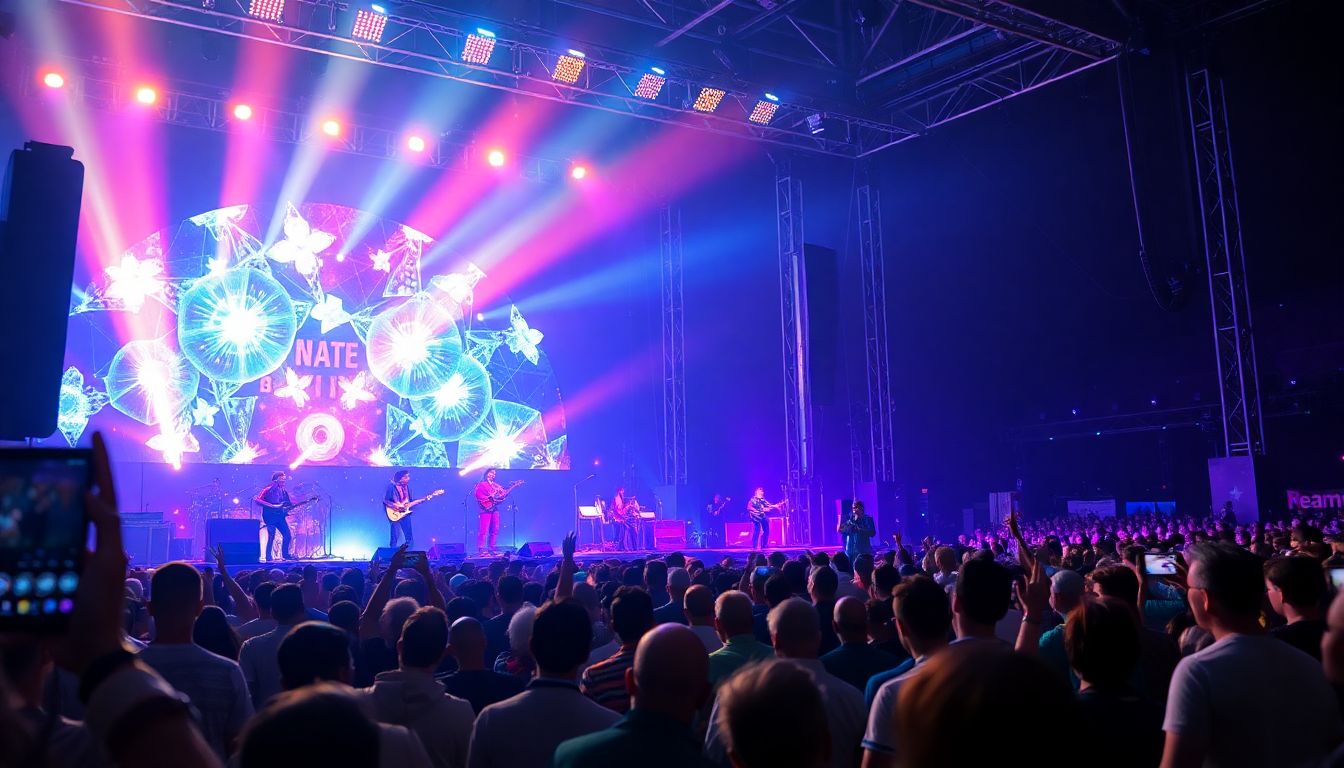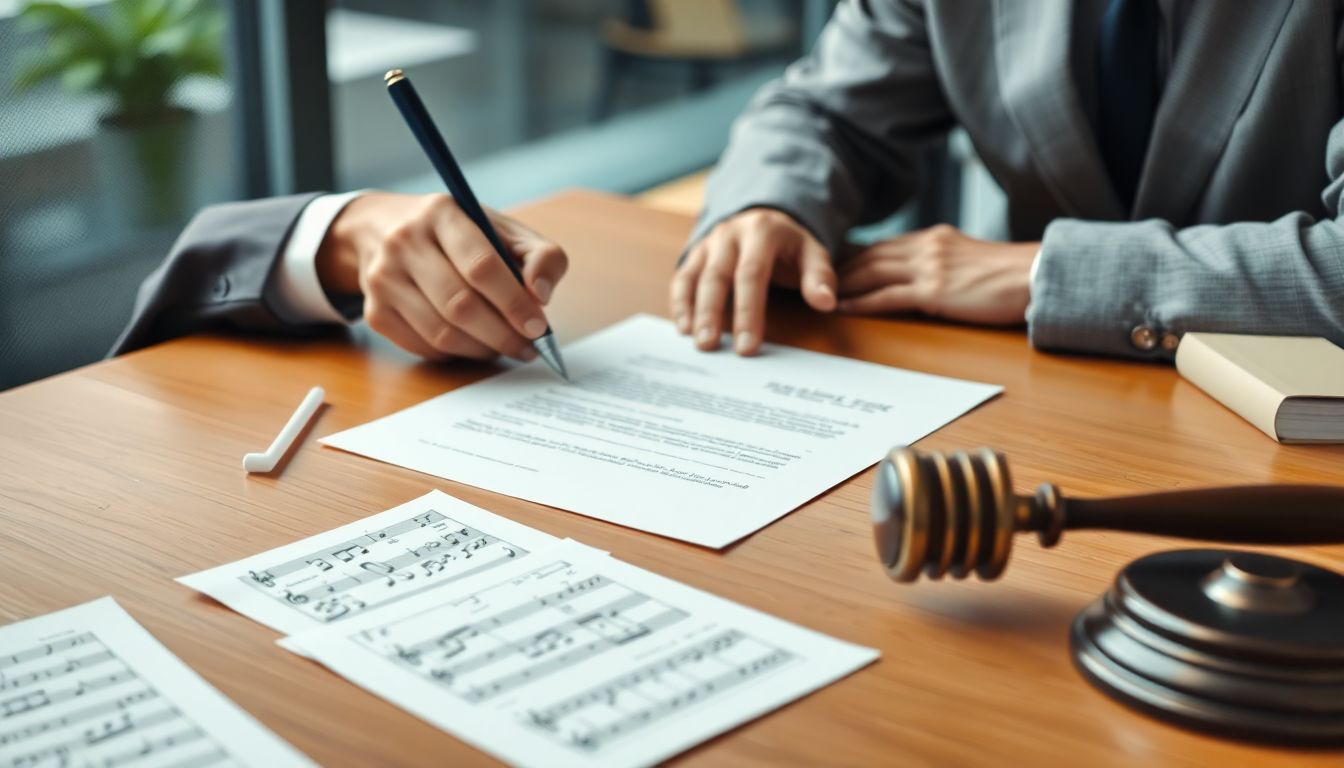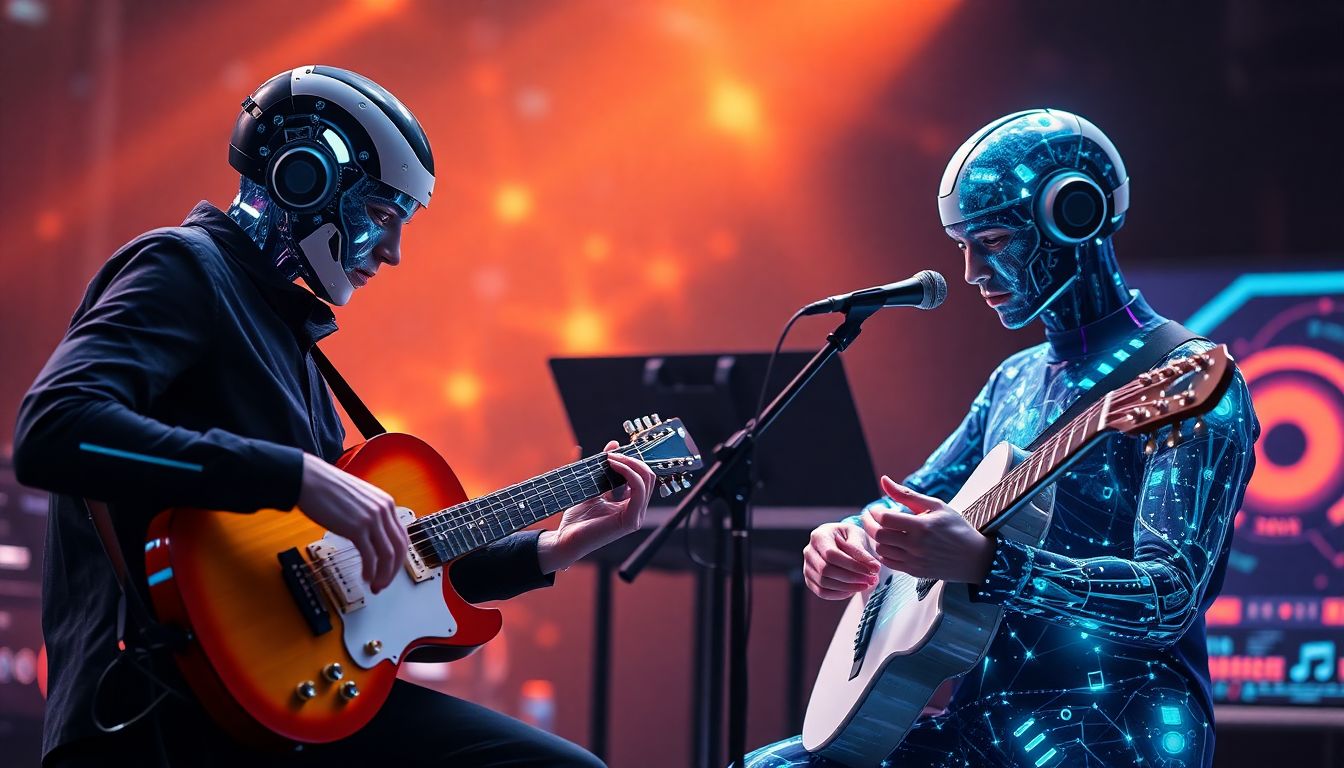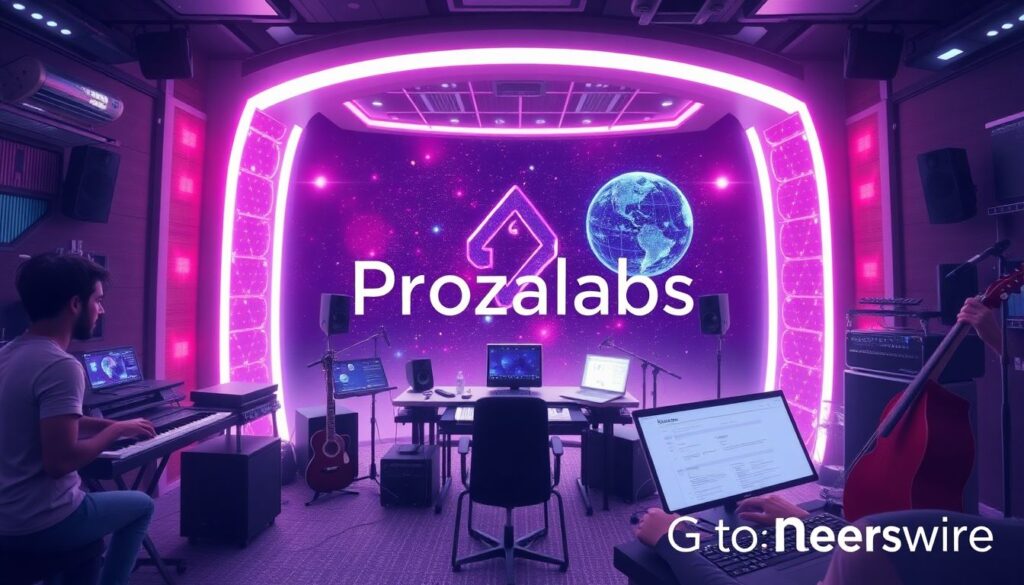Welcome to this fascinating exploration of Pozalabs, an innovative AI music generation startup that’s making waves in both the tech and music industries. Based in Seoul, South Korea, Pozalabs has recently been in the spotlight for its ethical approach to AI development and intellectual property rights. Let’s delve into their journey and the intriguing discussions they’ve been having with industry giants like SACEM.
Exploring Pozalabs’ commitment to ethical AI development and intellectual property rights in the music industry.
Imagine stepping into a futuristic music studio, where the air is filled with the hum of creativity and the buzz of cutting-edge technology. This is not your average recording space; it’s a symphony of human and artificial intelligence working in harmony. Musicians and composers are jamming with AI-generated visuals dancing across screens, responding to their every note and rhythm. The walls are adorned with soundproof panels, interspersed with glowing interfaces that display real-time AI-generated suggestions for melody, lyrics, and instrumentation.
In the background, subtly integrated into the high-tech aesthetics, is the Pozalabs logo, a quiet assertion of the AI prowess driving this innovative space. A holographic globe slowly rotates nearby, surface shimmering with news feeds from GlobeNewswire, keeping the artists connected to the world outside, inspiring global rhythms and melodies. This is more than just a studio; it’s a glimpse into the future of music production, where AI doesn’t replace human creativity but amplifies it, where every note is a data point, and every melody is a dialogue between artist and algorithm.

Pozalabs’ Unique Approach to AI Music Generation
Pozalabs, an innovative company operating at the intersection of music and technology, has developed two flagship products: LAIVE and eapy. These platforms leverage advanced AI algorithms to enable users to create original music, lyrics, and vocals, even if they have no formal musical training. LAIVE, short for Live AI Voice Engine, focuses on generating high-quality vocals using deep learning techniques. It allows users to produce professional-sounding vocals by manipulating parameters such as pitch, rhythm, and emotion. The process is remarkably straightforward: users input their desired lyrics and choose a vocal style, and LAIVE generates a fully produced vocal track. Meanwhile, eapy (Easy API) is a more comprehensive toolkit for generating musical compositions. It employs AI to create melodies, chord progressions, and even entire song structures. Users can adjust the complexity and genre of the output, making it a versatile tool for both novices and professional musicians.
Central to the effectiveness of LAIVE and eapy is Pozalabs’ proprietary dataset, which includes an extensive collection of MIDI files and vocal samples meticulously crafted by their in-house composers. This dataset is not merely a compilation of existing music but a dynamic and growing library of original content designed to train and enhance the AI models. Here’s what sets it apart:
- Diversity: The dataset spans a wide range of musical genres, instruments, and vocal styles, ensuring that the AI can generate varied and unique outputs.
- Quality: Each sample is created and curated by professional musicians, ensuring high fidelity and musical coherence.
- Proprietary: Unlike some competitors who may rely on publicly available datasets, Pozalabs’ in-house production ensures the originality and exclusivity of the generated music.
By continuously expanding and refining this dataset, Pozalabs enables its AI models to learn and adapt, pushing the boundaries of what is possible in AI-generated music.

SACEM’s Concerns and Pozalabs’ Response
In a significant development, SACEM (Society of Authors, Composers, and Publishers of Music) sent a formal letter to Pozalabs, a leading AI development company, expressing concerns over the potential use of copyrighted material in the training of their AI models. The letter, dated June 15, 2023, highlighted several key points:
- The possibility of unauthorized use of musical works protected by SACEM.
- The need for transparency in the data used for training AI models.
- The importance of respecting intellectual property rights to ensure fair compensation for creators.
SACEM urged Pozalabs to engage in dialogue to address these issues and find a mutually beneficial solution.
Pozalabs responded promptly to SACEM’s letter, reaffirming their commitment to ethical AI development and the protection of intellectual property rights. In their response, Pozalabs emphasized several core principles of their operation:
-
Ethical data usage:
Pozalabs stated that they employ rigorous procedures to ensure that all data used in AI training are obtained legally and ethically.
-
Transparency:
The company expressed willingness to provide greater transparency in their data usage policies to reassure SACEM and other stakeholders.
-
Collaboration:
Pozalabs proposed a collaborative approach, suggesting the establishment of a working group to explore licensing agreements and other cooperative measures.
Pozalabs also highlighted their ongoing efforts to develop AI in a way that respects and benefits creators, emphasizing their dedication to innovation that supports the music industry’s ecosystem.

Future Implications and Collaborations
Pozalabs’ stance on AI music generation has sparked a multifaceted debate about the future of music creation and the industry’s economic landscape. By advocating for the integration of AI in music production, Pozalabs is potentially accelerating a shift towards automated composition, which could democratize music creation by making it more accessible to non-musicians. However, this also raises critical questions about the devaluation of human creativity and the potential for job displacement among professional musicians. Moreover, the ethical implications of AI-generated music, particularly concerning originality and copyright, are complex and warrant thorough examination.
The company’s openness to collaborations with SACEM (Society of Authors, Composers and Publishers of Music) and other industry players signals a proactive approach to navigating these challenges. Here are some potential future implications:
- The development of new licensing models that accommodate AI-generated content, ensuring that any human contributors—such as those who train or refine the AI models—are fairly compensated.
- The establishment of industry standards for crediting AI in music production, which could involve recognizing AI as a co-creator or even defining a new category of authorship.
- The creation of regulatory frameworks that address the unique intellectual property issues posed by AI, such as determining who owns the rights to AI-generated melodies or lyrics.
- The fostering of innovative collaborations between AI developers, musicians, and industry bodies, leading to novel music genres, production techniques, and audience experiences.
Pozalabs’ willingness to engage with industry stakeholders may facilitate a smoother transition into this AI-infused future, yet the path ahead remains fraught with legal, ethical, and economic uncertainties.
